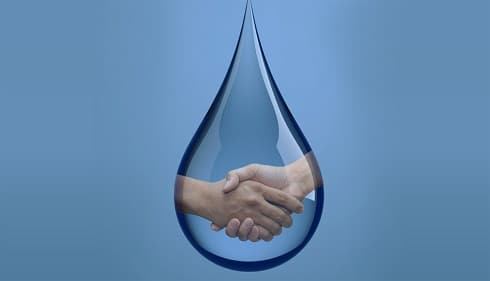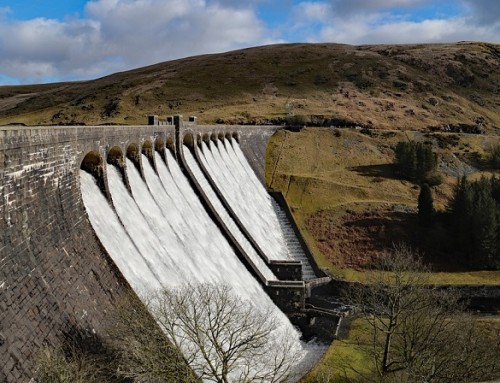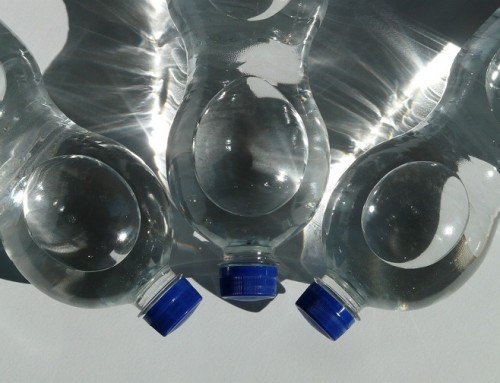 The age of hydro-diplomacy is upon us thanks to the mounting pressures the global population is experiencing due to water scarcity. With climate change wreaking havoc in various countries and a burgeoning global population, many countries are being faced with water shortages which could lead to conflict in the next few years.
The age of hydro-diplomacy is upon us thanks to the mounting pressures the global population is experiencing due to water scarcity. With climate change wreaking havoc in various countries and a burgeoning global population, many countries are being faced with water shortages which could lead to conflict in the next few years.
Decades of unsustainable economic practices and demographic changes and are adversely affecting both the quality and quantity of water at our disposal. A massive move to urbanisation is creating huge pressures on the infrastructure and use of the fresh water at our disposal, which is set to have lasting consequences for urban environments and on the health of the humans living in them.
The Age of Hydro-Diplomacy
Over-use, wastage, climate change, bad conservancy and a burgeoning population is creating a surge of water-related crises all over the world. Water is becoming increasingly scarce in various regions, and is also becoming increasingly expensive; this is bad news, especially for the poor, the vulnerable and the marginalised.
It is estimated that by 2025 there will be approximately 1.8 billion people living in countries where there is water scarcity or water shortages, and around 66% of the world will be living in areas where the demand for fresh water exceeds the supply. The demand for fresh water is expected to grow by more than 40% by 2050.
Fortunately the progress made by countries acceding to the Millennium Development Goals has meant that 2 billion people now have access to improved water sources. This is still well below what we need to happen though, with an estimated 750 million still not having access to safe drinking water. Let us also remember the around 2 million children under the age of 5 that die annually for lack of clean water and hygienic sanitation.
No or little access to fresh, potable water increases the risk of political instability, social tensions, and intensified refugee situations. We are also seeing this vital resource, or lack thereof, being used more and more as a weapon of war, as in the Darfur conflict in Sudan, where enemy militia poisoned the village well, as well as in Iraq, where ISIL is exploiting access to water in order to broaden its control over the region and to subjugate the population. ISIL cut off access to water in some areas and flooded others, forcing those who would not accede to their demands to move.
As freshwater shortages become more acute, the threat of violence is a real one, but tensions over water resources have historically led to collaboration, or hydro-diplomacy, more often than not. A good example of this is the 1960 Indus Water Treaty which brought India and Pakistan together.
We need to take heart from agreements such as the Water Convention forged under the auspices of the United Nations Economic Commission for Europe in 1992, and the Basin Commission, established in 1964 to manage the declining waters of Lake Chad; this is a shining example of hydro-diplomacy between Chad, Cameroon, Niger and Nigeria. These countries of the Lake Chad Basin were later joined by Libya and the Central African Republic, and today the mandate of this accord has been expanded to include challenges such as the arms trade, cross-border insurgencies, and terrorism.
Living-Water supplies offices with water dispensers and cooler accessories to the the London areas. Water cooler hire from Living-Water. Get hot water boilers and under counter chiller.





